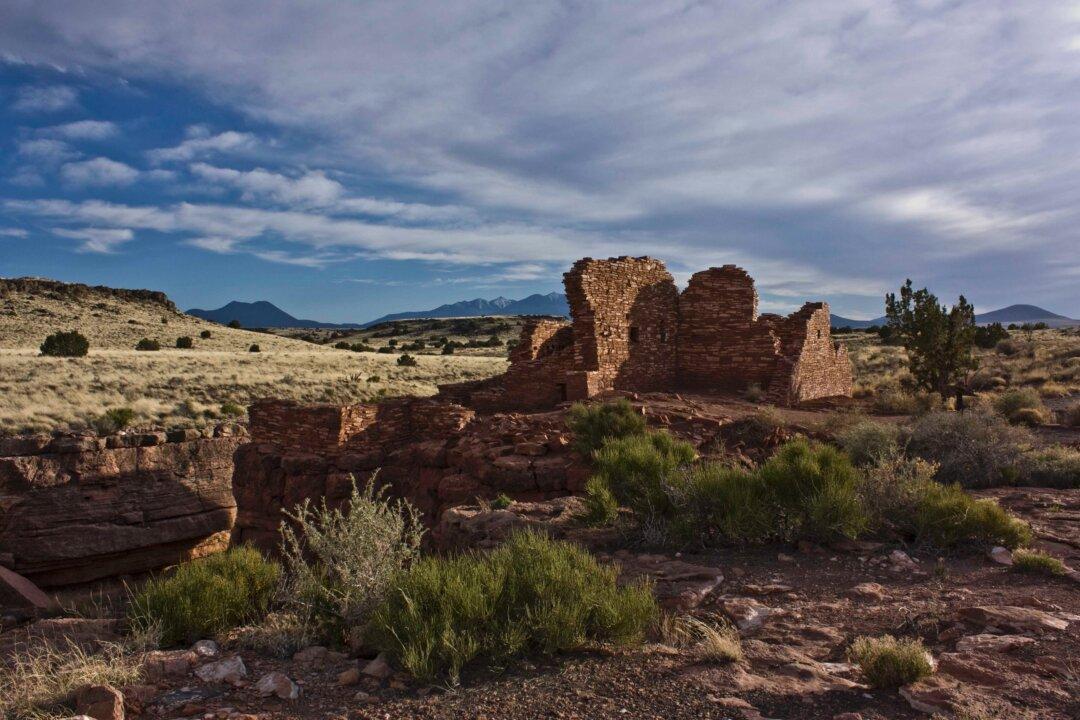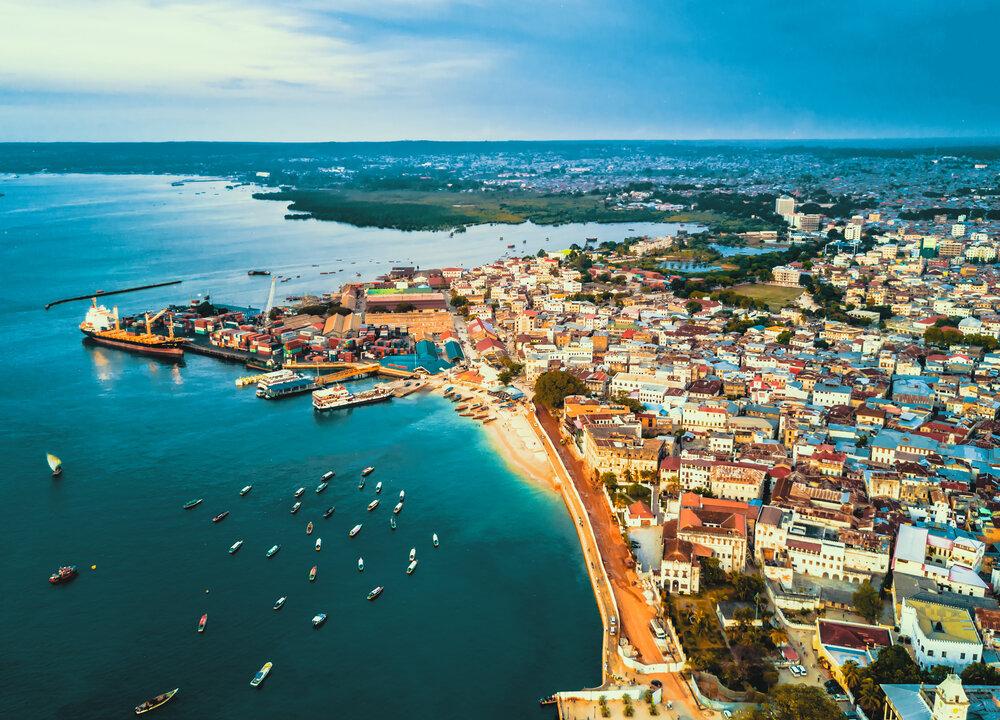On a 50-minute Aegean Airlines flight from Athens, Greece to Heraklion on Crete, you can easily scan everything in the winter issue (#37) of the in-flight magazine “Blue”—cover to cover. You also have time to trace the outlines of the blue, the white, and the gray panels of the seatback in front of you. If you are quick, you can even snatch a dozen glimpses out the window and down into the deep blue Aegean.
Then it appears as Homer described it—Atlantis rising out of the “wine-dark sea”—just outside the cabin window, the island paradise you’ve read about and reviewed videos of before booking your trip. Crete, the land of the Minotaur, a haven of endless Blue Flag beaches, this unbelievable isle is many things to many people. As for me, I remember my excitement on first seeing the mountainous wonder from above. So, I must tell you honestly, about paradise since the dawn of time.






